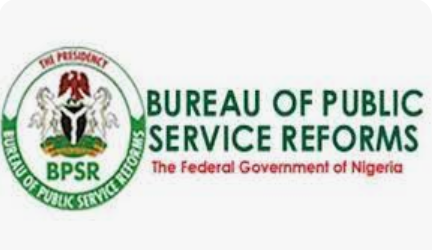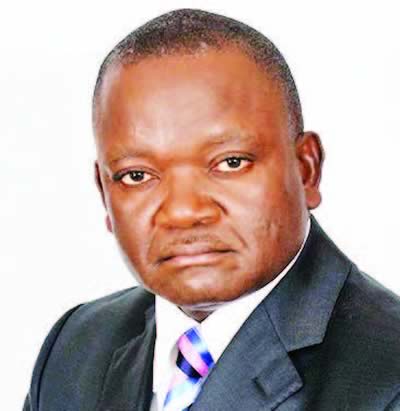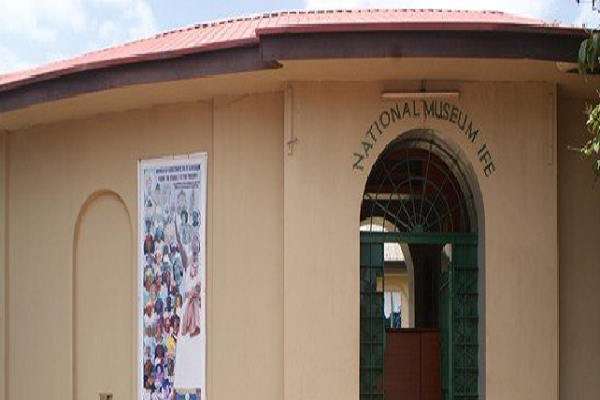The Bureau of Public Service Reforms (BPSR) has inaugurated an Inter-Ministerial Task Team (IMTT) for the training of 500,000 public service workers on digital literacy and skills.
The Director-General, of BPSR, Mr Dasuki Arabi inaugurated the team on behalf of the Secretary to the Government of the Federation (SGF), Mr Boss Mustapha, on Wednesday in Abuja.
According to him, the training is to close the growing gap in digital literacy among public service workers.
He said digital literacy proficiency was vital to a 21st-century public service regime, as such all federal workers should be conversant with digital service development, security, and innovation.
Arabi said the 500,000 civil servants drawn from 794 Ministries, Departments, and Agencies (MDAs), would go through Learning, Practice Tests, and Certification in a maximum of four competency areas.
Arabi said the areas include ICT Digital Literacy, Communication Skills for Business, Entrepreneurship and Small Business, and Career Specific certifications.
The D-G said members of the IMTT, drawn from the private and public sectors, would work with the BPSR in driving the implementation process.
He said the team was expected to achieve the vision of a modern public service in Nigeria that is digitally literate and ready to rise to the challenges of work, life, and advancement in the decades to come.
He added that it was also to “improve the digital skills of public servants to help supercharge efforts to modernize governance.
“Align Nigerian Public Service workforce with the standard of 21st-century public service regime.
“So that they are better able to sustain the underlying cultural change that needs to be sparked to create a government that can operate effectively in the digital era.”
Prof. Mohammed Ajiya, President, of Digital Bridge Institute commended government plans to ensure effective service delivery.
“The launch of the IMTT is a clear demonstration of the BPSR’s foresight and proactive approach to addressing the digital skills gap that exists among public servants in Nigeria.
“The enhancement of the digital skills and competence level of public servants has become imperative, especially in today’s world where organizational processes are hugely dependent on ICT tools and platforms.
“Government operations and processes significantly impact all other sectors of the nation; therefore building the digital competence and capacity of public service officers would go a long way to simplify government operations.
“It would eliminate bottlenecks and deliver the needed value-added services to the public and private sector,’’ he said.
Also, Mr Umar Yakubu, Executive Director, of the Centre for Fiscal Transparency and Integrity Watch, said digital skills would enhance public service delivery.
“We are hopeful it would enhance the skills to empower the public servants and enhance more transparency in MDAs,’’ he added.
(NAN)








